A Lotta Gelata in the California Current Ecosystem!

There are a multitude of reasons why gelatinous zooplankton pose an enticing scientific challenge. Dante Capone explores why the CCE LTER studies these creatures in a new SSALTER blog post.

There are a multitude of reasons why gelatinous zooplankton pose an enticing scientific challenge. Dante Capone explores why the CCE LTER studies these creatures in a new SSALTER blog post.
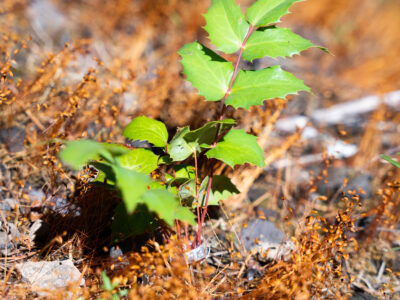
Cole Doolittle studies how fires alter plant communities in the Pacific Northwest, and he talks about the impact of fires in this SSALTER blog.
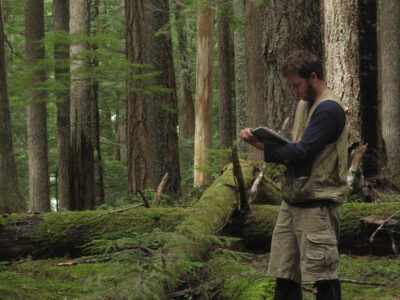
A new study leveraging a 40-year data set from old-growth forests demonstrates that trees can experience growth suppression or release depending on the identity and size of their downed neighbor.

Lightning Talks from the 2023 Science Council Meeing.

Participating in research at an LTER site is exciting and stimulating. Multiply that by 27 sites across diverse biomes and the opportunities are mind-boggling. Please join the LTER Network Office and LTER Executive Board Chair Evelyn Gaiser to learn about the science conducted at LTER sites across the country and how you can stay connected…. Read more »

Appreciating the history, work, and future of the Long-Term Ecological Research Network’s data repository, the Environmental Data Initiative.
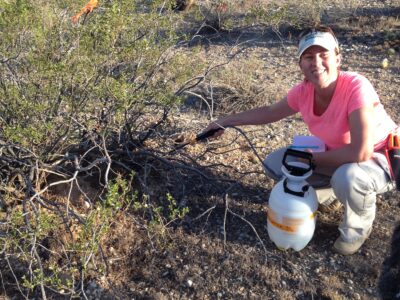
An experimental approach takes a ground-level look at the ecological winners and losers of desert soil communities under shifting precipitation regimes in the Central Arizona-Phoenix LTER.
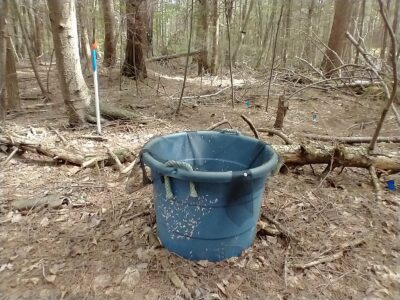
Long-term litterfall mass data from Harvard Forest was used in conjunction with data from the National Ecological Observatory Network (NEON) and a global litterfall dataset to draw conclusions on patterns of litter inputs in temperate deciduous forests, which have implications for carbon and nutrient cycling.
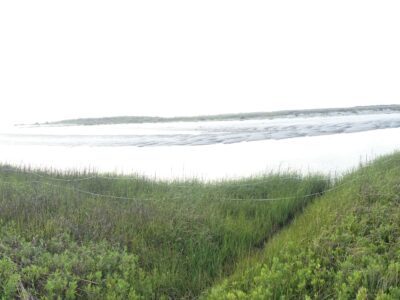
Research from Dr. Robyn Zerebecki and collaborators demonstrates that intraspecific variation can have ecosystem-level consequences.
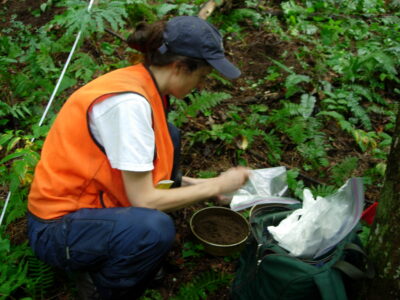
An LTER cross site synthesis effort reveals that soil carbon availability determines nitrogen mineralization and nitrification rates across a wide diversity of terrestrial ecosystems.